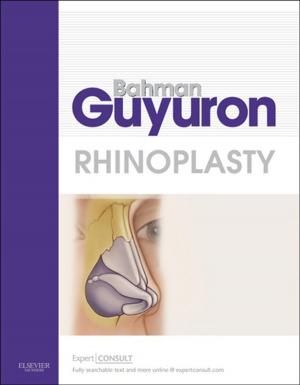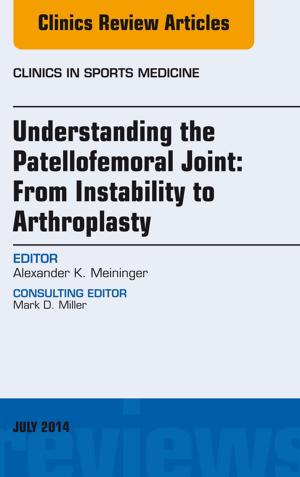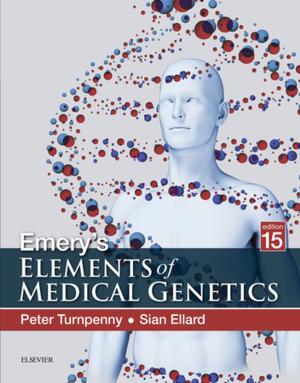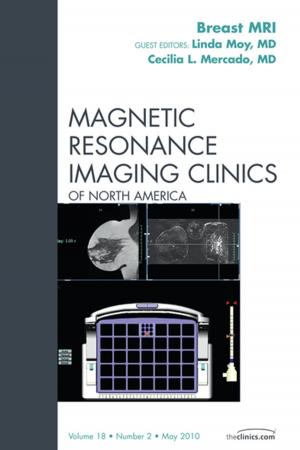Hallux Rigidus, An Issue of Foot and Ankle Clinics of North America, E-Book
Nonfiction, Health & Well Being, Medical, Specialties, Podiatry, Orthopedics| Author: | Eric Giza, MD | ISBN: | 9780323395649 |
| Publisher: | Elsevier Health Sciences | Publication: | September 10, 2015 |
| Imprint: | Elsevier | Language: | English |
| Author: | Eric Giza, MD |
| ISBN: | 9780323395649 |
| Publisher: | Elsevier Health Sciences |
| Publication: | September 10, 2015 |
| Imprint: | Elsevier |
| Language: | English |
In the MTP joint, as in any joint, the ends of the bones are covered by a smooth articular cartilage. If wear-and-tear or injury damage the articular cartilage, the raw bone ends can rub together. A bone spur, or overgrowth, may develop on the top of the bone. This overgrowth can prevent the toe from bending as much as it needs to when you walk. The result is a stiff big toe, or hallux rigidus. Hallux rigidus usually develops in adults between the ages of 30 and 60 years. No one knows why it appears in some people and not others. It may result from an injury to the toe that damages the articular cartilage or from differences in foot anatomy that increase stress on the joint.
In the MTP joint, as in any joint, the ends of the bones are covered by a smooth articular cartilage. If wear-and-tear or injury damage the articular cartilage, the raw bone ends can rub together. A bone spur, or overgrowth, may develop on the top of the bone. This overgrowth can prevent the toe from bending as much as it needs to when you walk. The result is a stiff big toe, or hallux rigidus. Hallux rigidus usually develops in adults between the ages of 30 and 60 years. No one knows why it appears in some people and not others. It may result from an injury to the toe that damages the articular cartilage or from differences in foot anatomy that increase stress on the joint.















